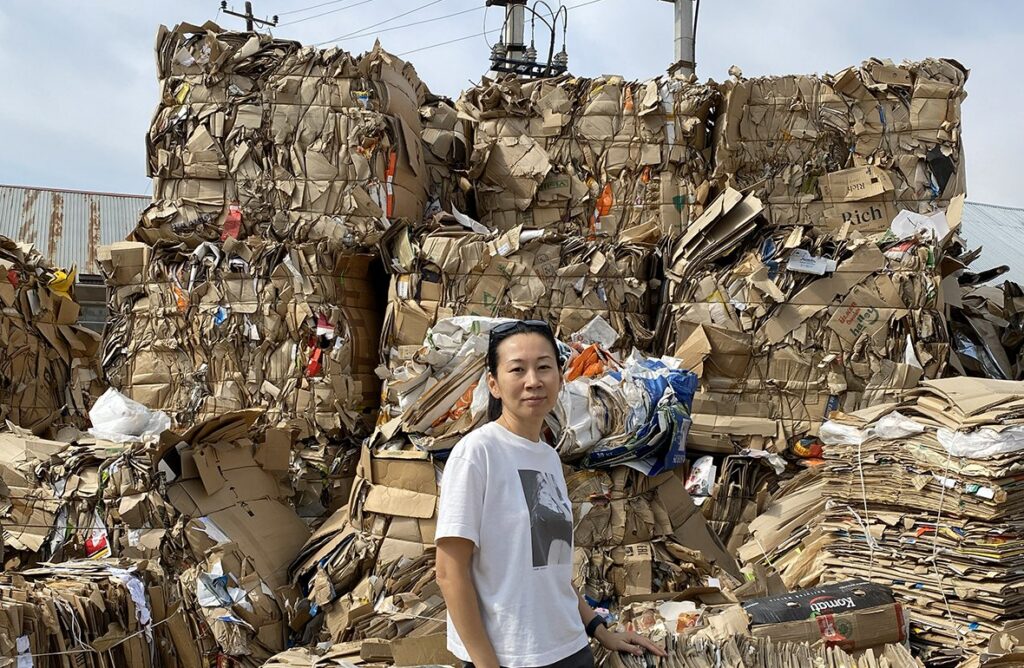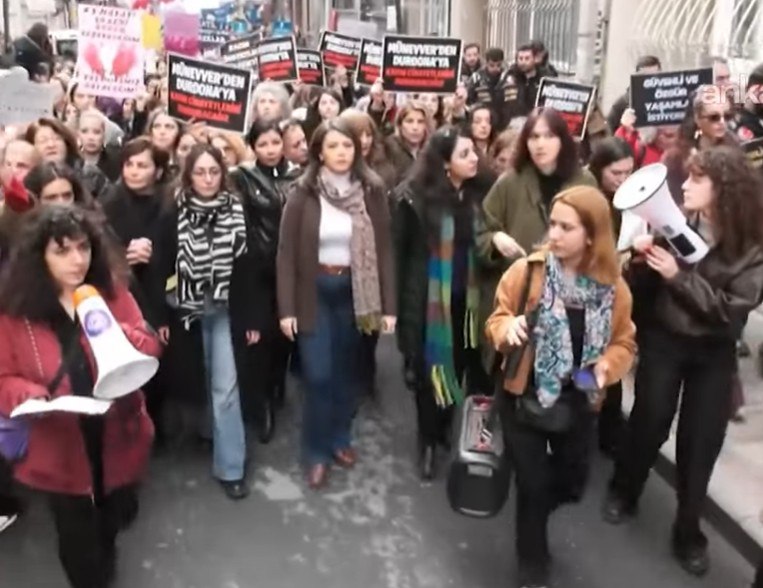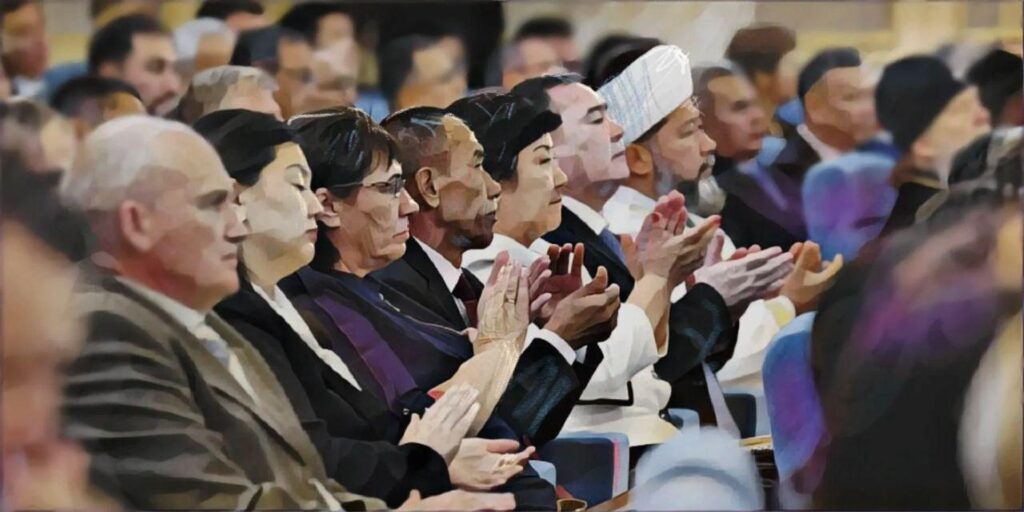U.S. President-elect Donald Trump’s nominee for secretary of state says the Jackson-Vanik amendment, a 50-year-old law that imposes some restrictions on trade with several countries in Central Asia, is “a relic of an era that’s passed.”
U.S. Senator Marco Rubio, a Florida Republican who spoke on Wednesday during a confirmation hearing in the Senate Foreign Relations Committee, also described China, a key economic partner in Central Asia, as a threat and an adversary. Rubio, known as a hawk on national security issues, had harsh words too for what he called chaos-sowing “dictators” in Moscow, Tehran and Pyongyang.
Tough language aside, Rubio’s interactions with his fellow senators were relatively smooth, suggesting his path to the secretary of state job is open as the United States prepares for Trump’s inauguration on Jan. 20. Central Asian nations have been watching for what to expect when Trump returns for a second term in the White House, and they got an encouraging glimpse in Rubio’s testimony.
In the Washington hearing, Senator Steve Daines, a Montana Republican, told Rubio that he and Senator Gary Peters, a Michigan Democrat, have been working to rescind the Jackson-Vanik amendment in Central Asia. The 1974 law, passed at the height of the Cold War, aimed to promote human rights in countries that were part of the Soviet bloc by preventing normal trade relations with “non-market economies” that restrict emigration.
But Daines argued that it is outdated in the former Soviet republics of Kazakhstan and Uzbekistan, especially as Central Asia becomes more important because of its energy resources and geopolitical influence.
“I realize you have a lot of priorities on your plate when you will be confirmed as our secretary,” Daines said to Rubio. He added that rescinding the amendment in the region would be a big step “that Central Asia needs right now to grow.”
In response, Rubio said that permanent removal of the amendment in Central Asia would require legislative approval and he mentioned an initiative by Senators Chris Murphy (Connecticut Democrat) and Todd Young (Indiana Republican) that also seeks to peal the measure for Tajikistan, Kazakhstan and Uzbekistan.
“I think this is a relic of an era that’s passed,” Rubio said of the Jackson-Vanik amendment.
“There are some that argue that we should use it as leverage for human rights concessions, or leverage to get them to go stronger in our way” against Russia, he said. However, the Florida senator said, Kazakhstan is a market economy and therefore meets conditions for removal from the amendment’s restrictions. He added: “So we will work with you on this because I think it’s important.”
Kazakhstan became a member of the World Trade Organization in 2015, two years after Tajikistan joined the group. Uzbekistan has been signing individual agreements with countries and hopes to join the WTO by 2026.
Kyrgyzstan, Ukraine and Russia are among former Soviet states that were subject to the Jackson-Vanik amendment but later achieved normal trade relations status with the United States. Russia, however, is currently under Western sanctions because of its full-scale invasion of Ukraine in 2022.









